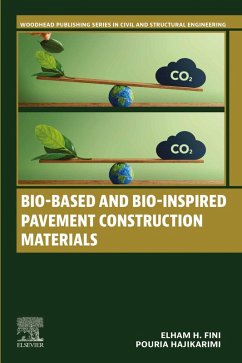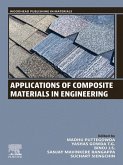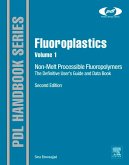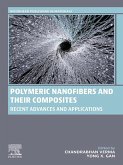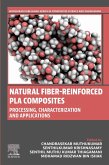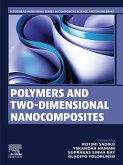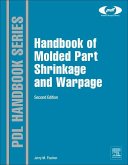Bio-Based and Bio-Inspired Pavement Construction Materials explores various production techniques, experimental characterization methods, applications, and numerical modeling and simulation approaches for bio-based and bio-inspired pavement materials. The book demonstrates how bio-based and bio-inspired materials can be used in pavements to solve problems related to sustainability while simultaneously enhancing the mechanical properties of asphalt and cementitious materials. Supply chain management, life cost cycle analysis, and environmental assessment of using these materials are all covered as well. Examples of these materials being used in real-life settings are included throughout. - Covers applications of bio-based and bio-inspired materials, supply chain management, life-cycle analysis, and environmental assessments - Outlines production methods, experimental characterization techniques, numerical modeling, and simulation approaches for bio-based and bio-inspired materials - Discusses various sources of bio-materials, including animal waste, wood, plants, and other natural resources - Studies fabrication procedures such as pyrolysis, hydrothermal liquefaction, thermal carbonation, and thermochemical reaction
Dieser Download kann aus rechtlichen Gründen nur mit Rechnungsadresse in A, B, BG, CY, CZ, D, DK, EW, E, FIN, F, GR, HR, H, IRL, I, LT, L, LR, M, NL, PL, P, R, S, SLO, SK ausgeliefert werden.

